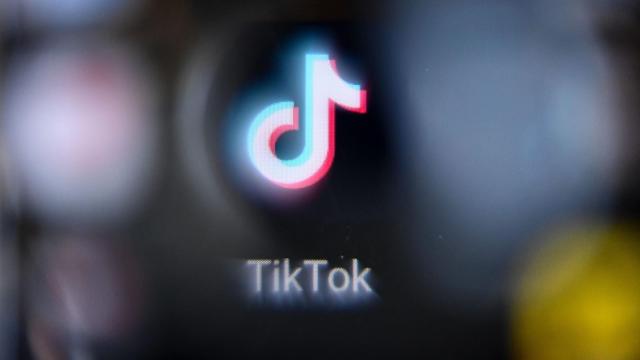Seeking to make an app that was designed to be a fun distraction less fun and less distracting, the powers that be over at Douyin — the Chinese version of TikTok that’s pretty much the same the U.S. version, but with boosted ecommerce capabilities — are launching new features aimed at curbing the binge-watching behaviours they worry are now prevalent among the video stream app’s overwhelmingly young users.
On Friday, the South China Morning Post reported that Douyin — which, like its U.S.-based counterpart, is owned by the Chinese multinational company ByteDance — was implementing the changes out of deference to the Chinese government’s increased scrutiny of alleged addictive online behaviour that these sort of apps specialise in enabling, with overlong viewing sessions specifically in the crosshairs.
Douyin will now reportedly hijack users’ screens when they’ve been streaming for a yet unspecified time deemed too long in order to sporadically display a series of five-second PSAs the app created in partnership with the Chinese band Phoenix Legend. Those videos — which can’t be swiped away or clicked out of — all recommend that users either “put down the phone,” “go to bed,” get ready for “work tomorrow” or some other lame thing that the users are obviously avoiding on purpose by scrolling through social media.
This isn’t the first time that Douyin, which has over 600 million daily active users in China, has messed with teens’ lives by making them pay attention to what’s going on in the real world: The app also recently unveiled what it proclaimed as its “strictest ever” setting for teenagers, which limits viewing time users under the age 14 to just 40 minutes a day. Under that new setting, users within that age range are also only permitted to use the app between the hours of 6am and 10pm.
Chinese authorities have increasingly bemoaned the chokehold algorithm-driven content has on young internet users. In fact, Chinese officials notoriously hate algorithmic feeds, particularly because they threaten to amplify information and ideologies that the government and its censors might otherwise seek to keep a lid on. To wit, the Chinese government announced in September a three-year plan to bring content recommendation algorithms to heel in the country and strengthen the one-party state’s grip on what conversations people are having and when they’re having them.
